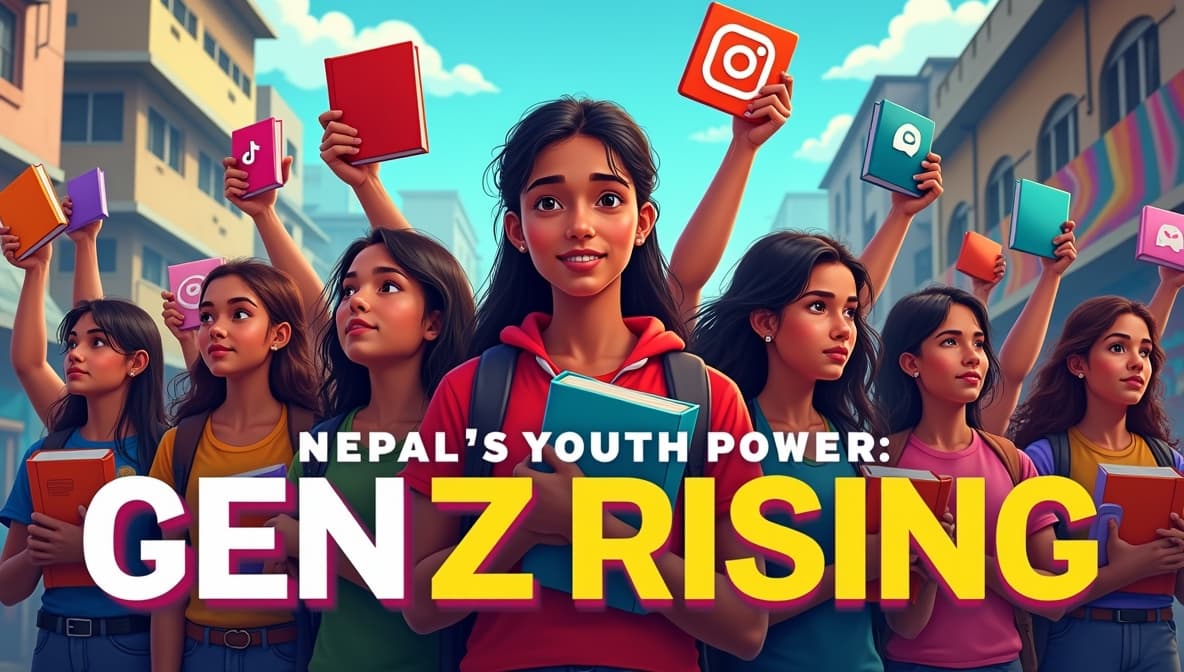The Rise of Women Leaders in Nepal

In a country where tradition has long defined women roles, Nepal is witnessing a quiet revolution. Women are stepping out of the shadows of societal expectations and into positions of power, influence, and inspiration. From the halls of Parliament to bustling marketplaces and grassroots communities, female leaders are proving that progress in Nepal is as much about inclusivity as it is about innovation.
Breaking Barriers in Politics
The 2015 Constitution marked a turning point in Nepal’s political history by mandating 33% female representation in Parliament. This landmark decision carved out space for women to actively shape laws and policies, once considered the exclusive domain of men.
Trailblazers like Bidya Devi Bhandari, Nepal’s first female President, and Onsari Gharti Magar, the country’s first female Speaker of Parliament, have redefined what leadership looks like. Their ascent has sparked a cultural shift—encouraging young women across the nation to imagine themselves as policymakers, diplomats, and influencers of change.
At the local government level, women leaders are equally important. From ward chairs to mayors, they are making decisions that directly impact communities. Their leadership ensures that development programs consider women’s perspectives and prioritize social issues such as education, health care, and women’s safety.
Women in Business and Entrepreneurship
Politics is not the only arena where women are rewriting history. In the world of business and entrepreneurship, Nepali women are proving equally formidable. They are running startups, managing cooperatives, and leading corporations with a mix of resilience and creativity.
Thanks to microfinance programs, skill-building workshops, and government-backed schemes, women are gaining access to resources that once felt out of reach. This newfound independence is transforming them into job creators rather than job seekers, strengthening not just households but also the national economy.
Consider the growing influence of women-led cooperatives across Nepal. These cooperatives are not only empowering rural women but also reshaping entire communities by providing access to credit, training, and opportunities for collective growth. Women entrepreneurs in urban centers, meanwhile, are venturing into technology, fashion, tourism, and agriculture with innovative ideas that compete in both local and international markets.
Driving Change Through Education and Social Leadership
Education has been a game-changer in shaping women leaders. With increasing access to schools and higher education, a new generation of confident, ambitious women is emerging. They are leading classrooms, NGOs, and community organizations, advocating for causes like gender equality, the fight against child marriage, and protection from domestic violence.
At the grassroots level, women-led NGOs are amplifying the voices of marginalized groups and ensuring development projects truly reflect community needs. This bottom-up leadership is redefining what progress looks like at the local level. Campaigns led by women have brought significant improvements in maternal health, literacy, and awareness about human rights.
Challenges That Persist
For all the achievements, the journey is far from over. Nepali women continue to grapple with:
- Deeply rooted cultural stereotypes
- Wage inequality and limited career opportunities
- Social backlash for challenging traditional norms
- Balancing leadership roles with household responsibilities due to societal expectations
These obstacles highlight the urgent need for stronger policy frameworks, mentorship opportunities, and cultural awareness campaigns that can help level the playing field. Equal access to resources and consistent political support are key for sustaining this momentum.
A Brighter, Inclusive Future
The rise of women leaders in Nepal is more than a milestone—it is a movement. Their presence in politics, business, and civil society is reshaping how leadership is perceived and practiced. This isn’t merely about achieving gender equality; it’s about unlocking Nepal’s full potential.
Every time a young girl sees a woman taking charge—whether in Parliament, in a boardroom, or in a rural village—she learns that leadership has no gender. These role models inspire dreams that once seemed unattainable.
The message is powerful and undeniable: Nepal’s future will be stronger, fairer, and more prosperous when women and men lead together. By continuing to invest in education, create equal opportunities, and celebrate women’s achievements, Nepal is not just empowering half its population—it is empowering the entire nation.




